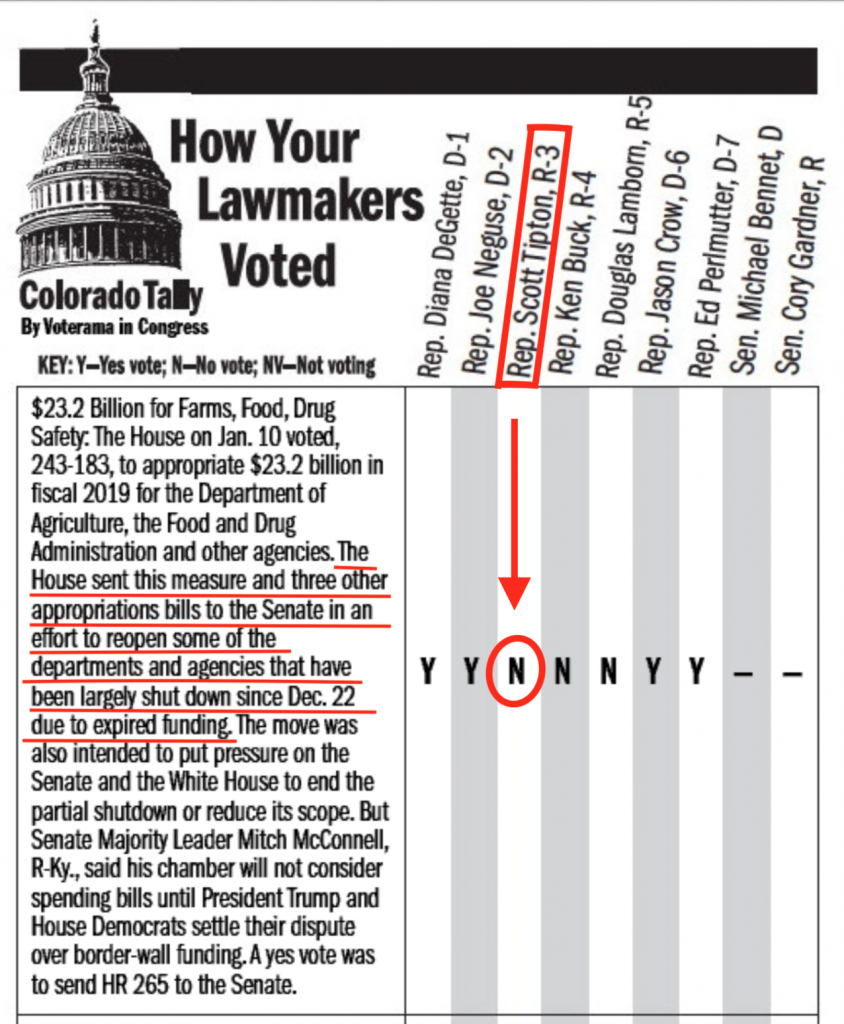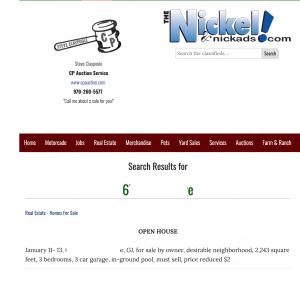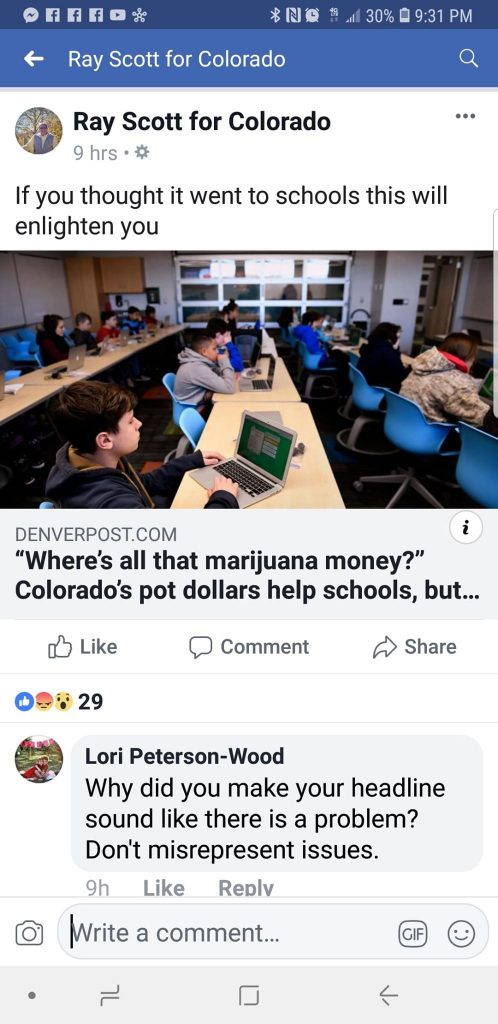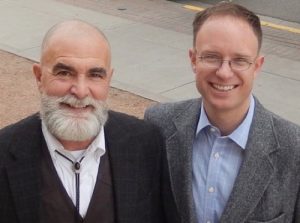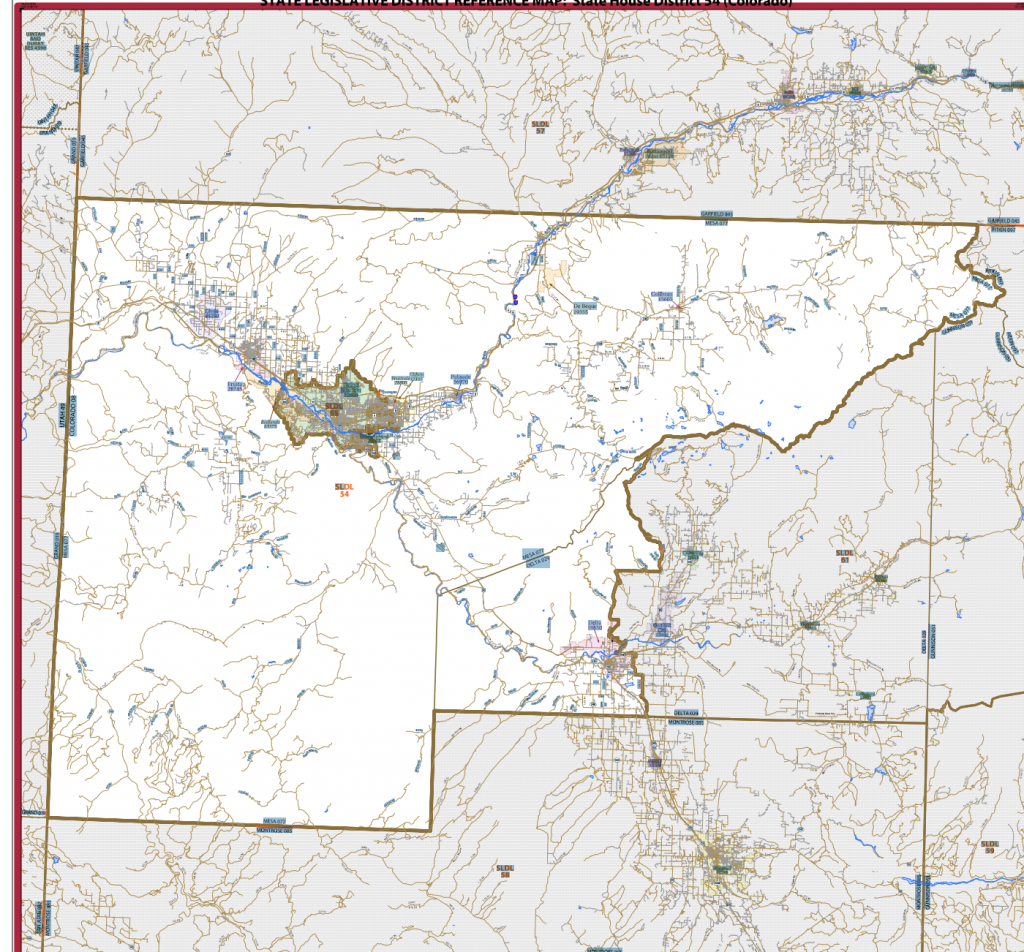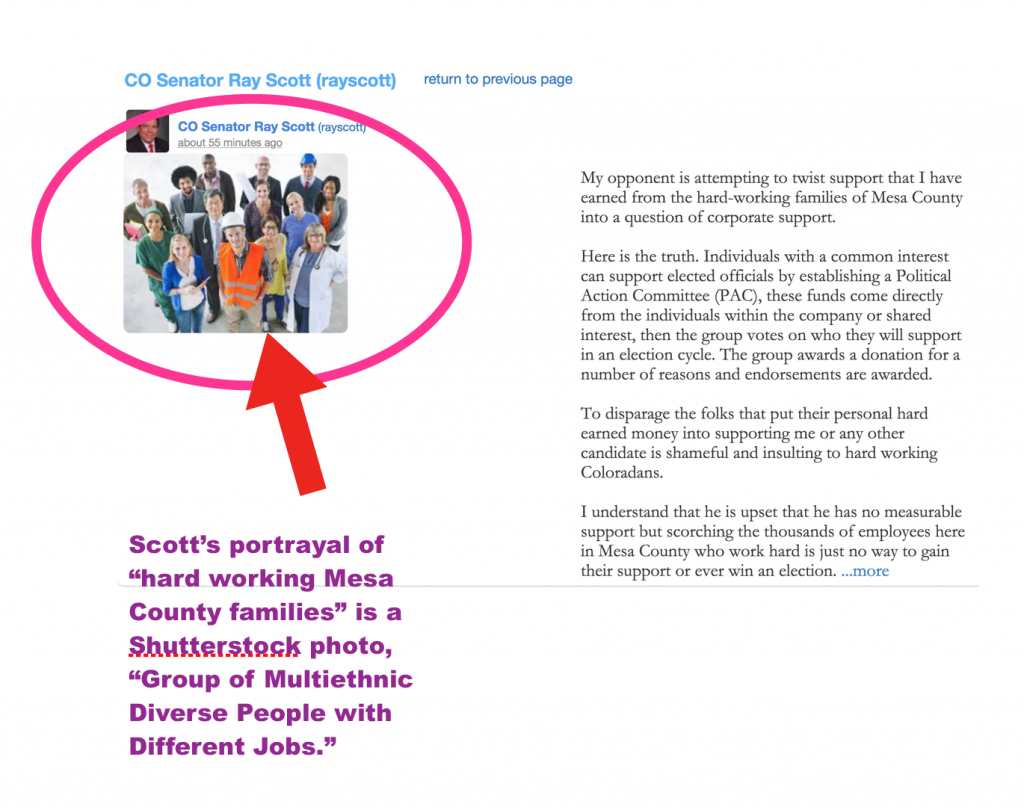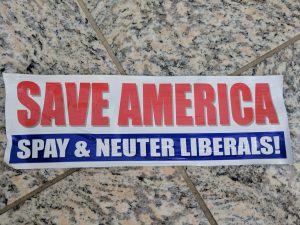
Australia’s mandatory gun buyback
On April 28, 1996, a crazed gunman armed with a semi-automatic rifle killed 35 people and injured 18 more when he went on a shooting spree at a historic and tourist site in Port Arthur, Tasmania in Australia’s worst gun massacre.
Within four months, the Australian government tightened the country’s gun laws, making the country’s gun restrictions among the strictest in the world.
The new laws banned all fully automatic, semi-automatic, pump-action and self-loading firearms, prohibited private sales, thus limiting who could legally sell or supply weapons, enacted minimum requirements for licensing of firearms and put in place more secure storage rules for firearms. The new laws also created a mandatory ‘cooling-off’ period of 28 days before a person could granted a gun license, introduced compulsory safety courses and required people applying to purchase firearms to supply a “genuine reason” that they needed to own a firearm, and that reason could not include self-defense.
Predictably, conservatives and gun owners strongly fought the new laws, but the government enacted them anyway. And lest anyone think the gun laws were the work of liberals, Australia’s laws were enacted under then-Prime Minister John Howard, well known as a conservative political figure.


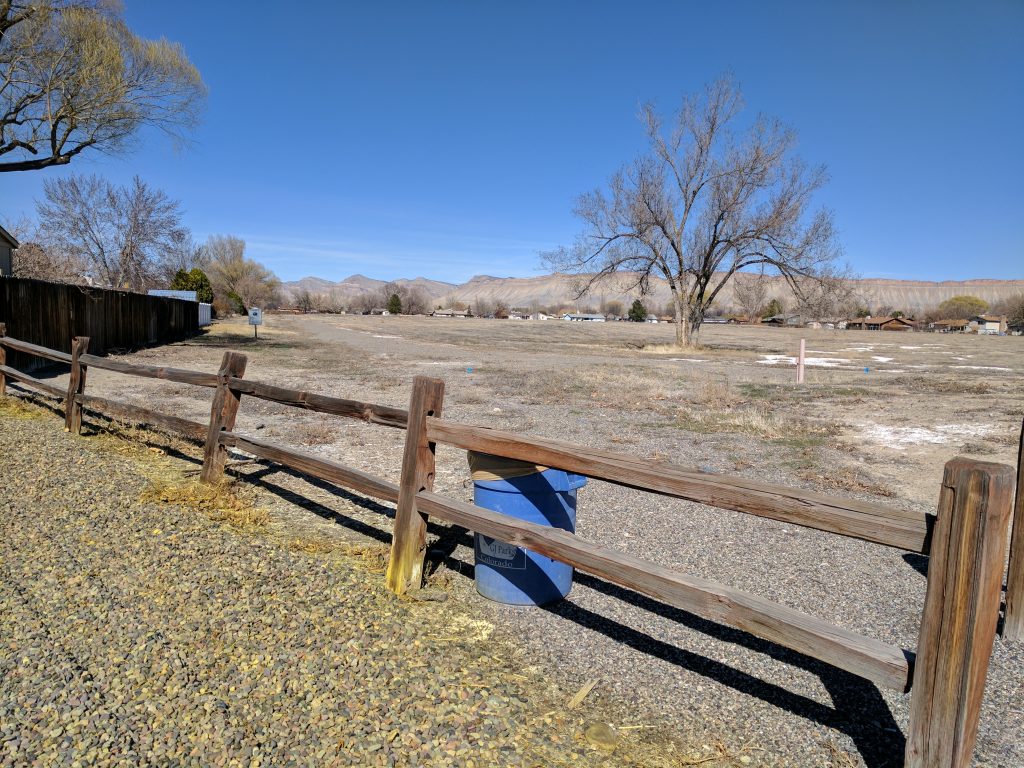

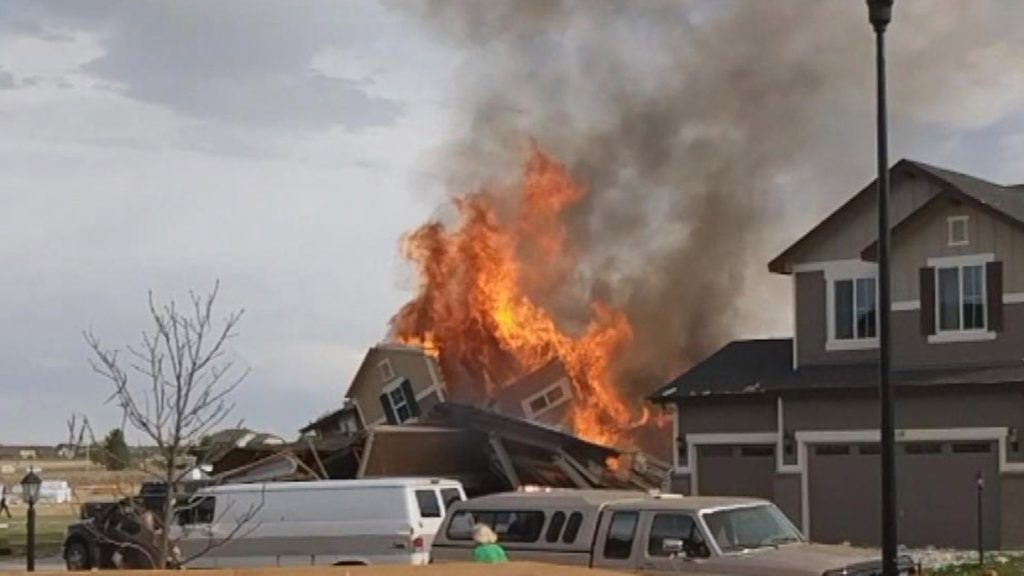

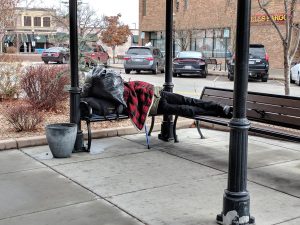 On the same night that Grand Junction City Council will consider adopting an
On the same night that Grand Junction City Council will consider adopting an 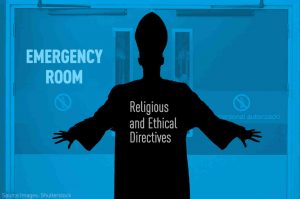 A previous blog discussed
A previous blog discussed  Donald Trump just put America through the longest federal government shutdown in history, single-handedly keeping over 800,000 federal workers from being paid for over a month, hobbling law enforcement agencies and airport security, blocking immigration proceedings, causing delays in airline flights across the country, forcing hundreds of thousands of people into having to make hard decisions between paying their mortgages, buying their medicine or feeding their kids.
Donald Trump just put America through the longest federal government shutdown in history, single-handedly keeping over 800,000 federal workers from being paid for over a month, hobbling law enforcement agencies and airport security, blocking immigration proceedings, causing delays in airline flights across the country, forcing hundreds of thousands of people into having to make hard decisions between paying their mortgages, buying their medicine or feeding their kids.

